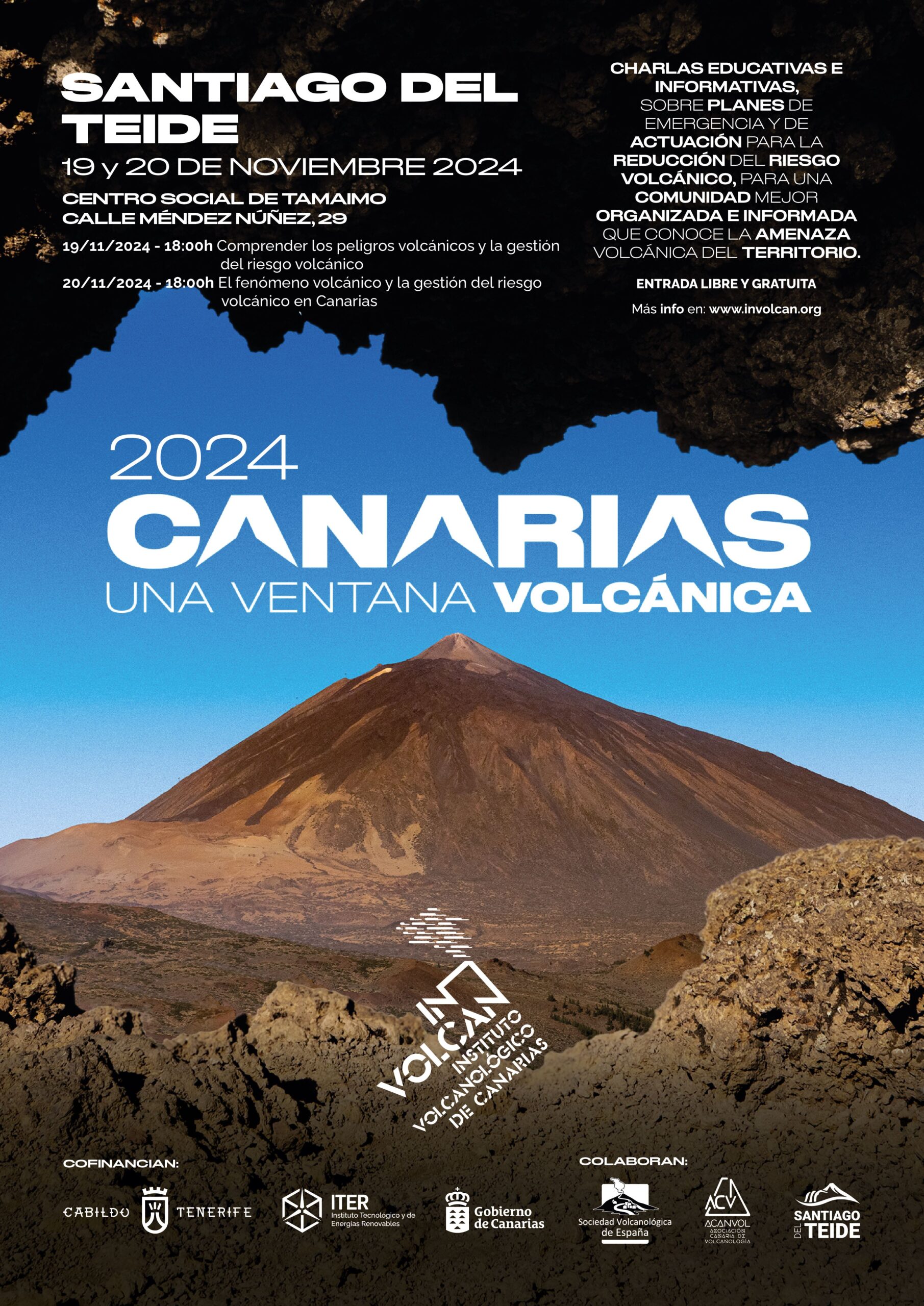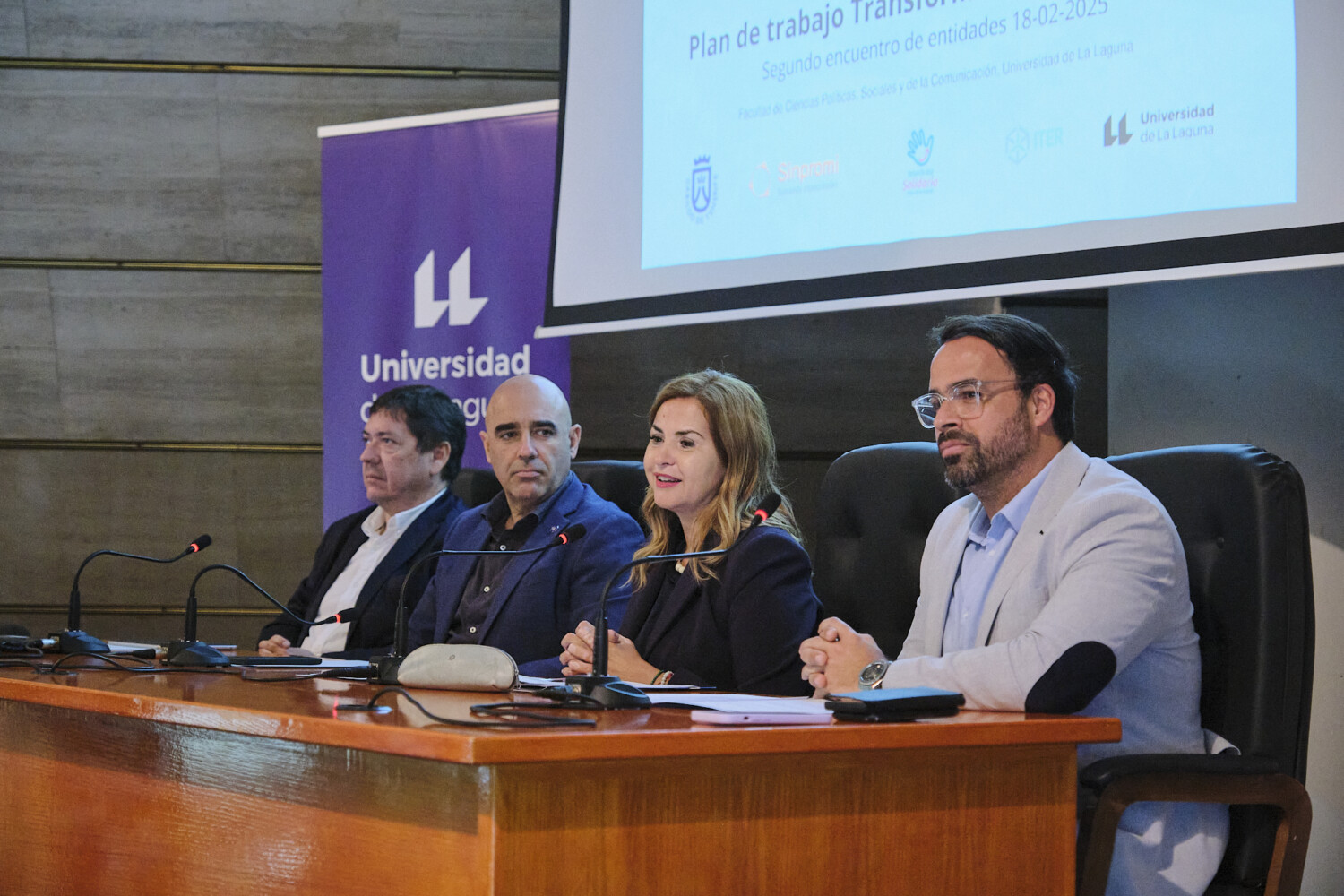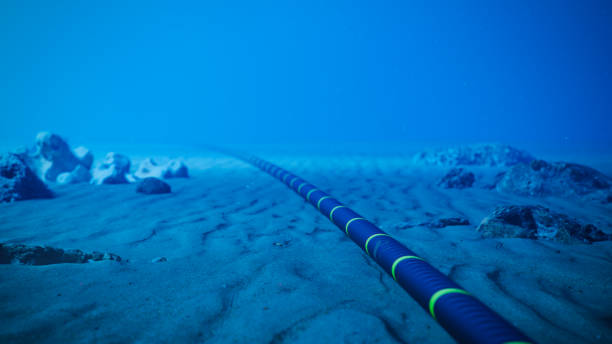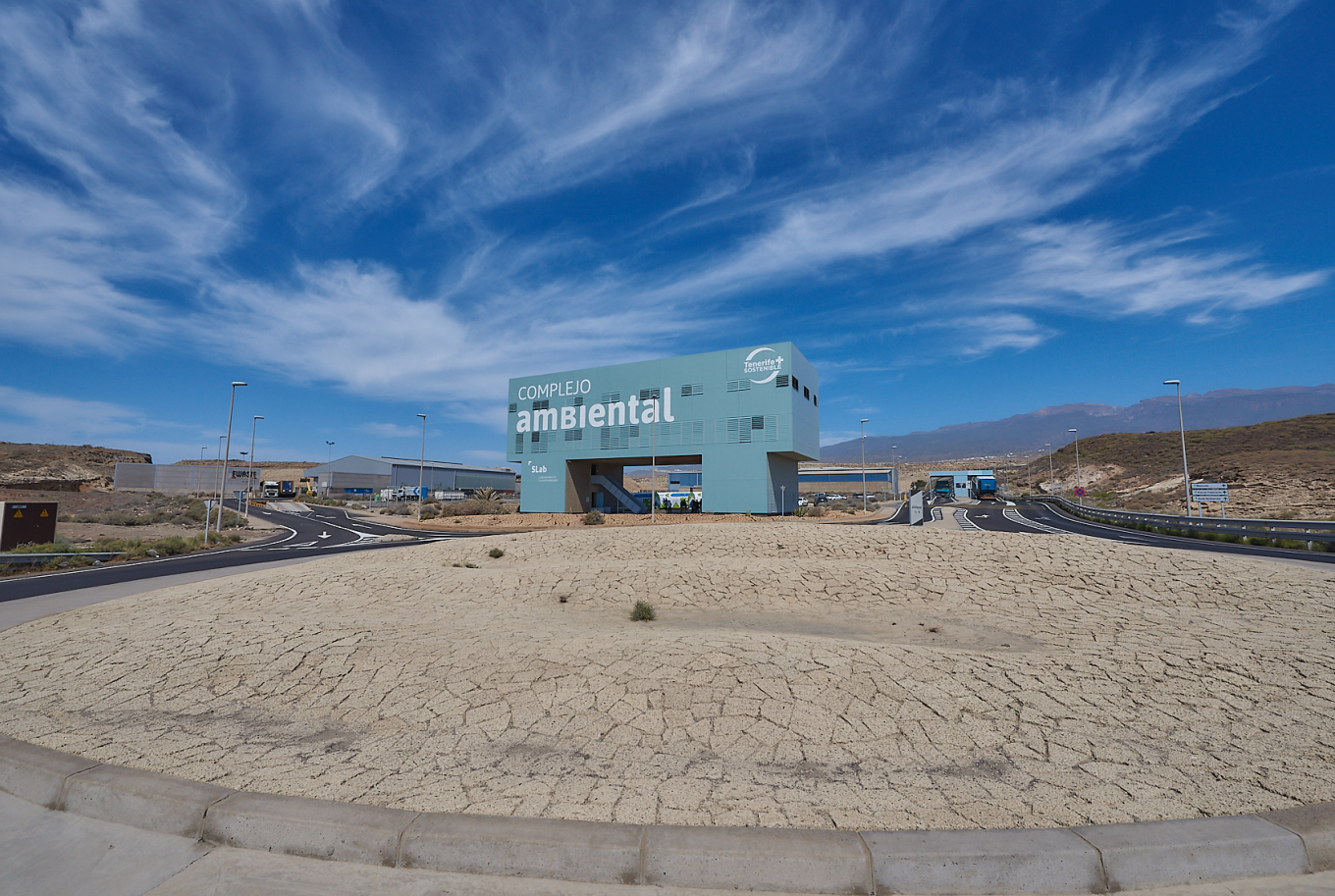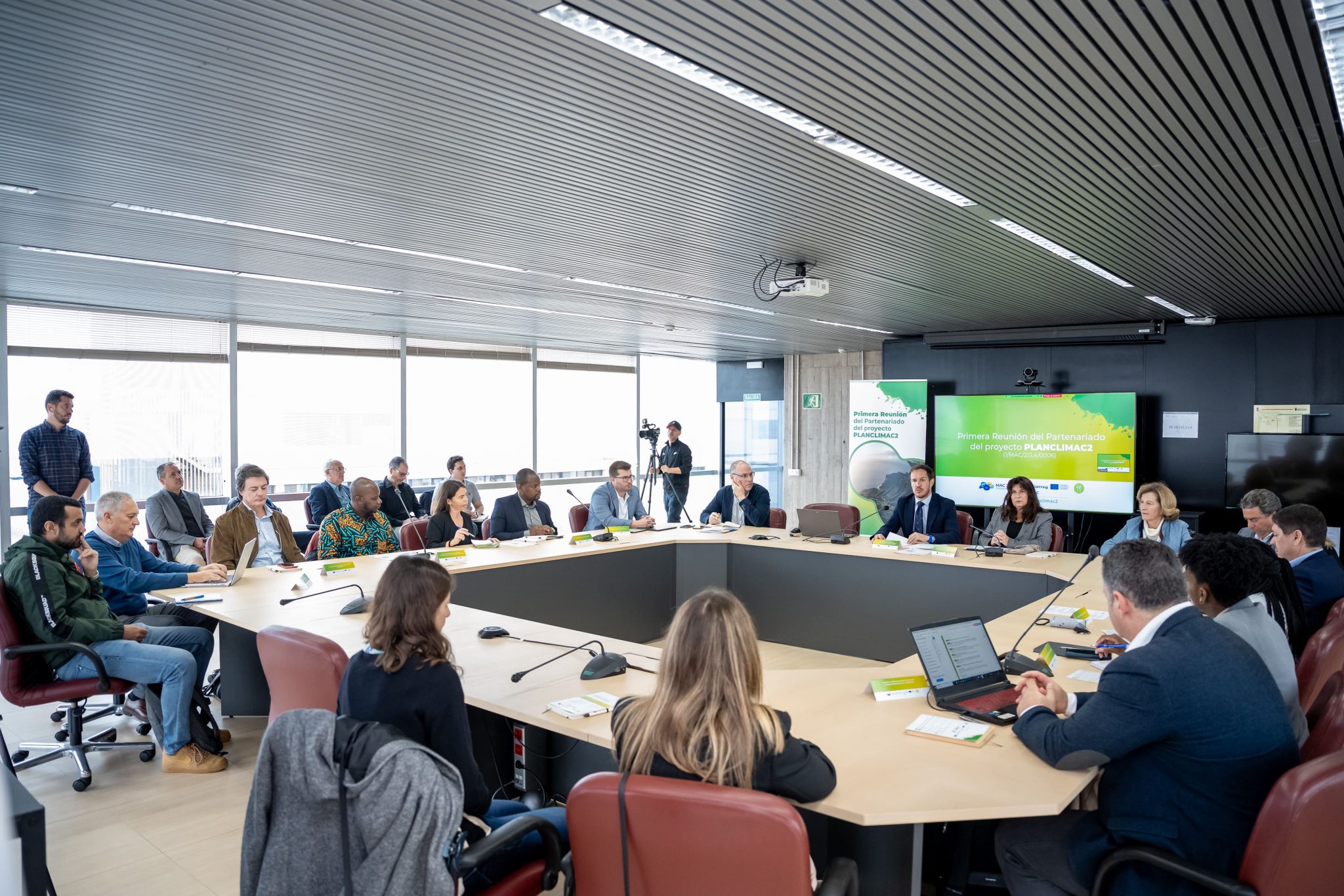The educational program “Canary Islands: a volcanic window on the Atlantic”, promoted by the Volcanological Institute of the Canary Islands (INVOLCAN), reaches its last stop of the year in Santiago del Teide, Tenerife. This program, which has been carried out since 2008, aims to inform and educate citizens about the dangers associated with volcanic phenomena and the necessary measures to reduce volcanic risk in the archipelago.
The final sessions on the island of Tenerife will take place on November 19 and 20 at the Social Center of Tamaimo (C. Méndez Núñez), starting at 18:00 hours. Admission is free and open to the general public, especially recommended to professionals and volunteers linked to security and emergencies in the municipality.
The educational program is aligned with the recommendations of the Special Plan for Civil Protection and Emergency Response to Volcanic Risk in the Autonomous Community of the Canary Islands (PEVOLCA) and the Island Action Plan for Volcanic Risk in Tenerife (PAIV-Tenerife), which promote regular awareness-raising activities to improve the organization and preparedness of citizens in the face of volcanic hazards.
A continued commitment to volcanic risk reduction
This program has counted with the collaboration of the Instituto Tecnológico y de Energías Renovables (ITER), which co-finances the activities through the projects TFVolcano and LPVolcano, together with the Island Councils of Tenerife and La Palma. In addition, entities such as the Volcanological Society of Spain (SVE) and the Canary Association of Volcanology (ACANVOL), as well as 31 municipalities of Tenerife and 14 of La Palma are participating.
In this edition, the conferences have been held in different localities of the Canary Islands, and the municipality of Santiago del Teide successfully closes the cycle of educational activities in Tenerife, consolidating the commitment of INVOLCAN and ITER with volcanic risk management and scientific education in the archipelago.
What attendees will learn
During the conference, the public will be able to explore:
- Volcanic hazards in the Canary Islands: identification of volcanic “scars”, the probability of future eruptions and their historical impact.
- Key concepts: differences between volcanic hazard and volcanic risk, eruptive frequency and risk reduction measures.
- Scientific recommendations: analysis of international guidelines and how the Canary Islands applies them in its risk management.
- Practical demonstrations: interaction with data and studies that reinforce the importance of education to prevent risks in a volcanically active region.
Closing of the 2024 program in Tenerife
This year, the program has continued its work to bring scientific knowledge and volcanic risk management to the public, promoting a more informed and prepared community to respond effectively to potential volcanic hazards.
ITER and INVOLCAN would like to thank the participation of all the attendees and collaborators who have made this edition possible.
See you next year at the next edition of “Canary Islands: a volcanic window on the Atlantic”!


